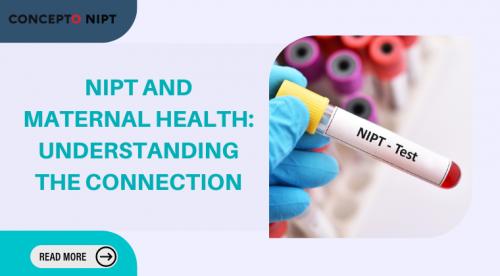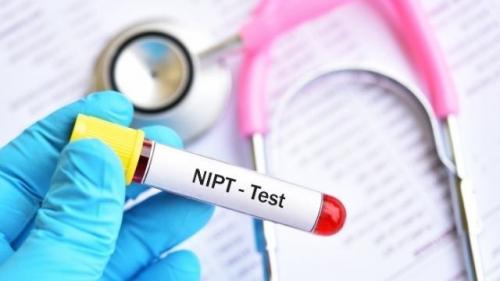Why Is Group B Strep Testing So Important?
Though GBS is generally harmless
in healthy adults, it can pose a serious threat to new-borns during childbirth.
This is why Group B strep testing has become an essential component of prenatal
care for pregnant individuals. In this article, we will explore the importance
of the Group B Strep Test in the UK
and why it is crucial to ensuring the well-being of both mothers and infants.
Understanding Group B Streptococcus:
GBS is a type of bacteria that
can be naturally present in the human body, particularly in the digestive and
reproductive tracts. While it typically doesn't cause any issues for healthy
adults, it can lead to complications for new-borns if transmitted during
childbirth. Babies can contract GBS through exposure to the bacteria in the
birth canal or through contact with the mother's bodily fluids.
The Importance Of Early Detection-
1. Preventing Neonatal Infections:
One of the primary reasons for Group B Strep during pregnancy in
the UK is to identify carriers of the bacteria and take preventive
measures to protect new-borns. If a pregnant woman is found to be a carrier,
she can be given antibiotics during labor to significantly reduce the risk of
transmitting the bacteria to her baby.
2. Reducing The Risk Of Serious
Complications:
Untreated GBS infections in new-borns
can lead to serious complications, including pneumonia, sepsis, and meningitis.
Early detection through testing allows healthcare providers to intervene
promptly, reducing the likelihood of these life-threatening conditions.
When And How Group B Strep Testing Is
Done-
1. Timing Of Testing:
Group B Strep testing is
typically performed between the 35th and 37th weeks of pregnancy. This timing
allows for the identification of carriers and the implementation of preventive
measures in time for labor and delivery.
2. Testing Methods:
The two primary methods for GBS Testing
are culture-based tests and polymerase chain reaction (PCR) tests. A
culture-based test involves swabbing the vagina and rectum to collect samples,
which are then analyzed in a laboratory to detect the presence of GBS.
Risks And Considerations For Group B
Strep during Pregnancy In The UK-
• False Negatives And Positives:
While Group B Strep testing is
highly reliable, there is a small chance of false negatives or positives. This
emphasizes the importance of discussing the results with healthcare providers
and understanding the implications for the mother and baby.
• Impact On Antibiotic Use:
Women identified as GBS carriers
receive antibiotics during labor, which can have implications for antibiotic
resistance. Healthcare providers must carefully weigh the risks and benefits to
ensure the well-being of both mother and baby.
Summing up, Group B Strep testing
plays a pivotal role in safeguarding the health of new-borns during childbirth.
Early detection allows healthcare providers to take preventive measures,
significantly reducing the risk of neonatal infections and serious complications.
Pregnant women need to undergo GBS testing at the recommended time to ensure a
safe and healthy delivery for both mother and baby. Ultimately, the importance
of Group B Strep testing lies in its ability to protect the most
vulnerable—newborns—during their first moments of life.
Therefore, book an appointment
now at Concepto Diagnostics
and have a one-on-one conversation with our doctors about this Group B strep test in the UK.








Comments